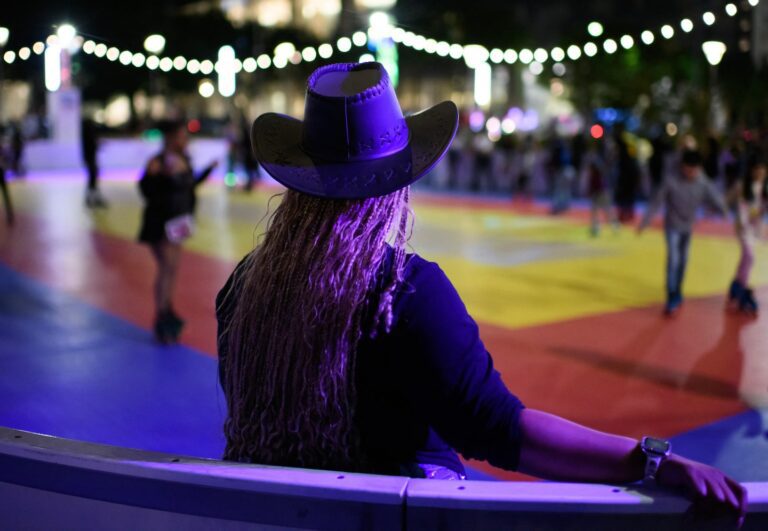It’s no secret that I’m critical of racial capitalism, especially when powerful people, both black and white, exploit black liberation aesthetics for profit and entertainment while black people continue to struggle against discrimination and state brutality. This liberal version of racial capitalism also provides opportunities to mark the “first” or “only” black people (allowed) to achieve milestones usually reserved for white people. It seems to me that Beyoncé has been a page in this playbook for a long time—and now again. With her recent hit single “Texas Hold ‘Em,” Beyoncé became the first black woman to reach No. 1 on the Billboard Country Songs chart.
But in an era of clear opposition to black progress, and especially to black feminist intellectual thought in schools, businesses, and universities, Beyoncé’s new album Cowboy Carter demands respect. While I can’t say Beyoncé bears any resemblance to black resistance leaders, this work—with its subtle subversion and celebration of black history—contains some lessons for this moment.
The album created a buzz even before its release. By positioning the work as country music, Beyoncé sparked a conversation about the complete exclusion of black people from the history of country music and cowboy culture. This is important to me – as a first-generation Texan, I grew up going to Fort Worth to watch rodeos for fun. The city is also home to the Bill Pickett Invitational Rodeo, named after a great black cowboy and the oldest black rodeo in the United States.
Beyoncé, 42, has been working in the entertainment industry since she was a teenager and is still conquering new charts today, a testament to her work ethic, longevity and sheer cultural staying power.
Still, in 2024, our legal year, why are we still reclaiming our Black roots and acknowledging Black breakthroughs? Beyoncé’s victory makes a mockery of America, no matter how good the PR about racial progress is. Do Black Women Have to Be Billionaires to Make a Difference in the Country Music Industry? So far it seems so.
As for the album itself, it almost doesn’t matter whether “Cowboy Carter” is actually a country album. It’s one of Beyoncé’s best albums, both sonically and creatively.
The feel of most country music about “Cowboy Carter” isn’t that it fits into our established ideas of what country music is or who can sing the style. The album is rap (“Spaghetti”), pop, operetta. (The song “Daughter” had Bey testing her alto abilities.) It’s just beautiful music. “Cowboy Carter” is an album where the writer seems finally free to do what he wants in a vast space of possibilities. This is what the Wild West represented in the white imagination: a chance to “go west, young man,” to reinvent yourself and conquer anyone who stood in the way of your (apparent) destiny. Beyoncé is determined to open up the frontiers of country music for today’s black artists.
One song better than the others expresses my mixed feelings about this artist and his latest creation. The song “Blackbird” was written by Beatle member Paul McCartney in response to the injustices of the civil rights struggle in the 1960s, especially the injustices of black girls in the South. Beyoncé’s version stars black country singer Tanner Adell, Britney Spencer, Teela Kennedy and Rayna Roberts, as if to say: I’m not the first, and I’m not the only one.
McCartney said he wanted to give oppressed children some hope amid overwhelming injustice. But can we write new songs about the injustices of our time? The problem is, we’re facing civil rights resistance. Voting rights and affirmative action gains are under attack. Black women are especially under attack. Beyoncé has always preferred to use the revolutionary words of others (Chimamanda Ngozi Adichie, poet Warsan Shire, Malcolm X) rather than risk making music that directly addresses current struggles.
Reincorporating country music into the black music genre is important, but selling a lot of records at the same time is the lowest-risk path. What could be safer than a Beatles song written by a white man?
I no longer expect Beyoncé to use her art or her platform to bring hope to people who are struggling. Being a black woman and doing whatever you want is a form of resistance in itself. I have no choice but to two-step to Texas and salute Ms. Carter for doing so.



